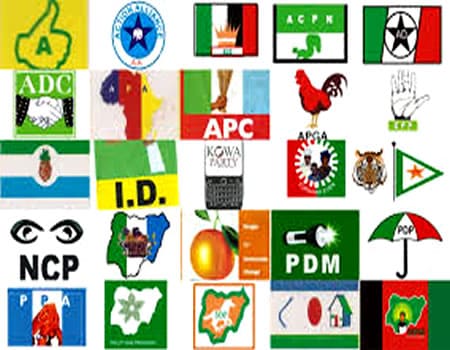Around 250 different ethnic groups exist in Nigeria, each with its own distinct culture and language. It’s a fascinating area where the complicated interplay of ethnic diversity has an impact on the ups and downs of politics. And don’t worry, we’ll keep it light and funny.
In Nigeria, ethnicity describes the variations in culture, language, and tribalism among diverse people groups.
Pre-colonial times, when numerous groups peacefully coexisted, are when Nigeria’s ethnic variety first emerged. Yet, as the British colonizers arrived in the late 19th century, they enacted laws favoring some ethnic groups over others. This led to discontent and conflict, which ultimately resulted in the nation’s independence in 1960.

- Overview of Nigeria’s Diverse Culture
One of Nigeria’s greatest assets is its diversity of cultures. Each ethnic group in Nigeria, from the Hausa-Fulani in the north to the Yoruba in the southwest and the Igbo in the southeast, has its own distinctive customs, holidays, and religious beliefs. Nigerians frequently express their pride in their cultural history through song, dancing, and visual arts.
In Nigerian politics, ethnicity has a big impact on how people vote and what policies are adopted. Politicians frequently pander to ethnic emotions to win support, which can result in a patronage and nepotism-based system. In other regions of the nation, ethnic tensions have also sparked conflict and violence. Nigerians frequently vote based on their ethnicity and location rather than a particular ideology or program. This indicates that politicians frequently give more attention to winning over particular ethnic groups than they do to creating policies that are advantageous to the nation as a whole. Several groups now feel disenfranchised and lack trust in the democratic system as a result of this.
In Nigeria, managing ethnic variety is a serious difficulty that both the government and the populace are still working to overcome. The propensity of politicians to use ethnicity to polarize people and consolidate power is one of the largest obstacles. Yet, initiatives are also being made to encourage cultural fusion and dispute settlement.
- Strategies for Managing Ethnic Diversity
Several tactics can be used to handle ethnic diversity efficiently, including:
By means of educational and cultural exchange initiatives, advance multiculturalism.
To promote understanding and ease tensions, encourage communication between various ethnic groups.
To strengthen societal unity, encourage interethnic unions.
Rather than favoring a single ethnic group, implement policies that are inclusive of and beneficial to all Nigerians.
When managed well, ethnicity may be a unifying factor as well as a cause of division. Nigeria may become a stronger, more cohesive society through fostering cultural unity and enacting inclusive policies.




